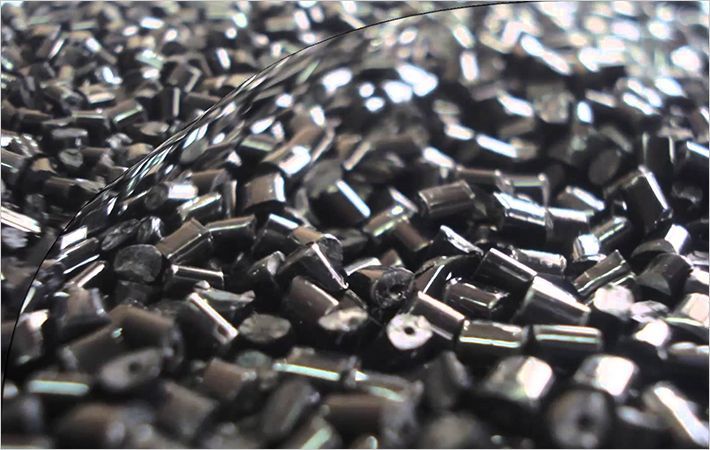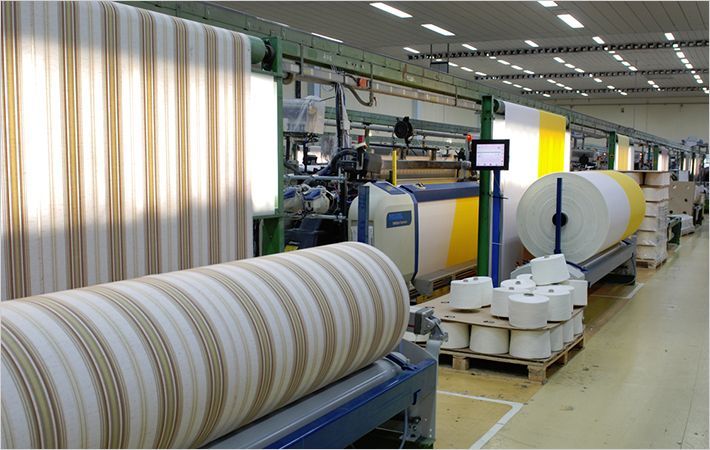At the JEC 2013 composite trade fair in Paris from 12 to 14 March, the researchers of RWTH Aachen University will be presenting latest research results on booth T50, a group stand of the German Federal State of North Rhine-Westphalia (NRW).
Crucial savings for serial productionAt the JEC 2013 composite trade fair in Paris from 12 to 14 March, the researchers of RWTH Aachen University will be presenting latest research results on booth T50, a group stand of the German #
The Institut für Textiltechnik (ITA) of RWTH Aachen University is part of this cluster and will present Tailored Noncrimp fabrics (TNCF). TNCF allows the serial production of fiber reinforced plastics. It concerns with semi-finished products which can be adapted to the subsequent component shape and the production process. For e.g. expensive carbon parts can be applied directly on the targeted place within the component. Hereby, the waste will be reduced radically. Additionally, the process steps can be reduced considerably.
Furthermore, the drapability of TNCF will be adjusted locally. As a result, a high process security (high bending stiffness and shear strength) will be ensured. Likewise, complex three dimensional geometry (high drapability) will be realized. Hence, with TNCF material- and process costs will be reduced. The complex perform of a convertible roof was therefore produced with a cycle time reduction of over 60 %. The production and material costs were reduced at the same time.
Intended cycle-time reduced to two-thirds
A high-volume production component was chosen as the demonstrator product such as a convertible roof segment on a plate of varying thickness. The maximum intended cycle time of 10 minutes was reduced for all examined perform geometries. In an optimized production scenario, cycle times consisted of less than 3 minutes. The determined production costs fell under the target costs of 25 – 40 € per kilo for fiber reinforced composites in serial production (conventionally 80 - 120 €/kg).
Composite oriented part design and production technology play a key role for the industrialization of fibre reinforced plastics (FRP). In order to generate innovative solutions, close collaboration between experts of different fields along the whole composite value-added chain is required.
RWTH Aachen University

